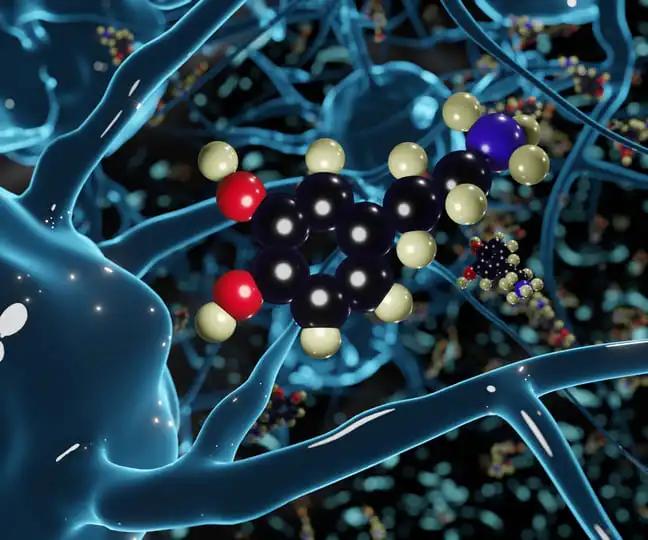KEY TAKEAWAYS
- The study aimed to re-evaluate the effectiveness of DC vaccines in improving survival for patients with glioblastoma.
- The primary endpoints were OS and PFS.
- DC vaccines significantly improve OS in glioblastoma, with TSA confirming the results. Further research is awaited.
Dendritic cell (DC) vaccines represent a promising immunotherapy approach that can potentially enhance survival in glioblastoma, a form of brain cancer. The first phase III clinical trial evaluating the DC vaccine has recently been published.
Chia-En Wong and the team aimed to assess and update the current evidence on the efficacy of the DC vaccine in treating glioblastoma.
Researchers reviewed clinical trials on DC vaccines for glioblastoma by searching PubMed, Embase, and Cochrane Library. They assessed study quality using the RoB 2.0 and ROBINS-I tools. For overall survival (OS) and progression-free survival (PFS), hazard ratios (HRs) with 95% confidence intervals (CI) were pooled. They also used random effects models to evaluate the summary effects and conducted a trial sequential analysis (TSA) to assess the robustness of the findings.
The results showed that 7 clinical trials with 3,619 patients were reviewed for the study. The DC vaccine, combined with standard care, significantly improved OS (HR=0.71, 95% CI: 0.57-0.88) and PFS (HR: 0.65, 95% CI: 0.43-0.98). For newly diagnosed glioblastoma, the DC vaccine showed better PFS (HR=0.59, 95% CI: 0.39-0.90). TSA of OS met the required sample size, but TSA of PFS and newly diagnosed glioblastoma subgroups did not.
The study concluded that the DC vaccine significantly improves OS in glioblastoma, with TSA confirming a true-positive result. Further research is necessary for newly diagnosed and recurrent glioblastoma patient subgroups.
The study received no funding.
Source: https://link.springer.com/article/10.1007/s11060-024-04798-w#
Wong CE, Chang Y, Chen PW, et al. (2024). “Dendritic cell vaccine for glioblastoma: an updated meta-analysis and trial sequential analysis.” J Neurooncol (2024). https://doi.org/10.1007/s11060-024-04798-w



